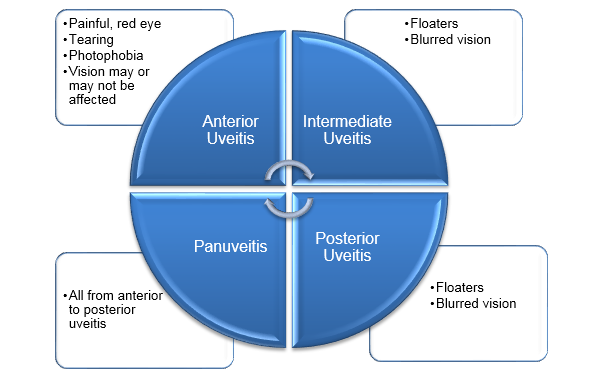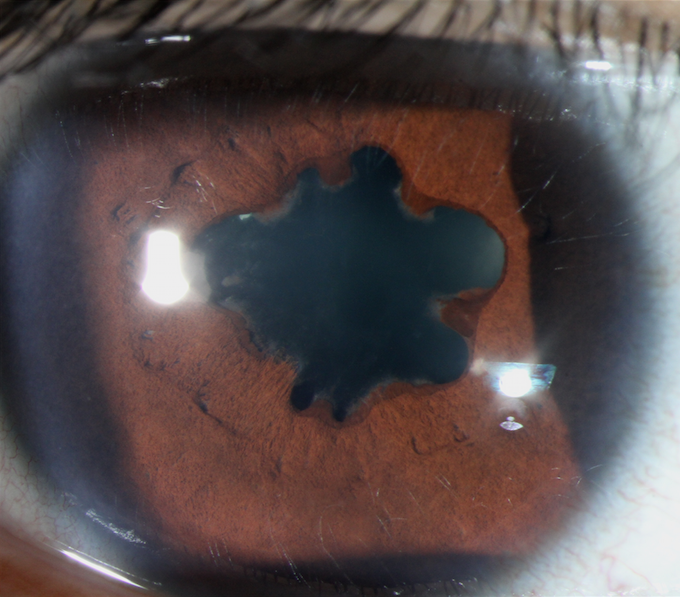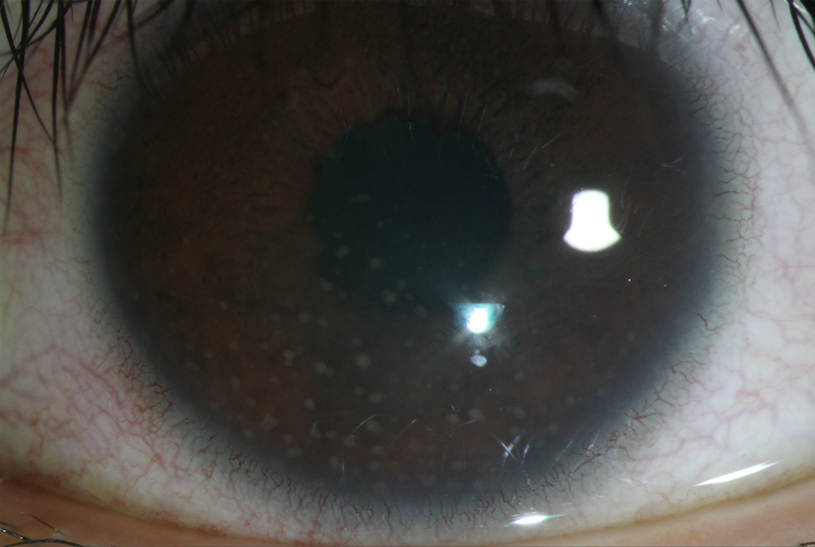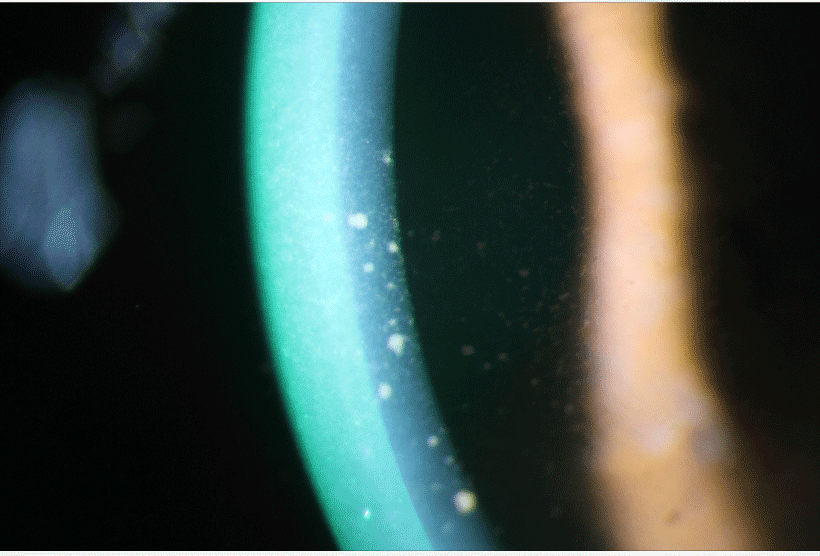The treatment aims to:
- Relieve pain and discomfort
- Prevent vision loss from the disease and its complications
- Treat the underlying cause of disease where possible
Steroids are the mainstay medication and may be given as eyedrops or sometimes as tablets, especially in severe cases, to reduce inflammation. Other medications may be prescribed as adjuncts to steroids. Pupil dilating drops which may be used to reduce pain can result in temporary blurring of vision.
If you are on steroid eye drops, you will need to return to your doctor for regular appointments to check to see if you are developing any of the side effects from the eye drops. This may include developing an early cataract or getting elevated eye pressure. Your doctor will monitor you closely for the development of such issues and advise you accordingly if any issues arise during the course of the treatment.
Inflammation of the eye can permanently affect sight and even lead to complications such as blindness if left untreated.
Uveitis can have these complications:
- Glaucoma (raised eye pressure)
- Cataract (clouding of the native lens of human eyes)
- Neovascularization (growth of new, abnormal blood vessels)
- Cystoid Macular Edema (swelling of the macula)
These complications may occur in chronic, severe eye inflammation. Specialist care is essential to ensure your eye condition is appropriately managed.
The outcomes vary considerably, depending on the type of Uveitis. Technically, Uveitis cannot be cured. Instead, treatment suppresses the inflammation until the disease becomes inactive. It is not possible to know how long the disease will last as it can sometimes recur.
Some patients develop recurring episodes of Uveitis despite medications prescribed by their eye specialist. Unfortunately, in these patients, there may not be a way to permanently prevent the Uveitis attacks from occurring but medication can be given to try to reduce the frequency of attacks.
Uveitis may be an immensely frustrating disease to cope with as a permanent ‘cure’ may not be possible. However, in most cases, with proper treatment and follow up, the disease does not cause permanent visual loss. If you feel a flare of your Uveitis starting to happen, it is important that you get an eye checkup as soon as possible so that treatment may be started earlier. Delaying treatment may result in a longer course of treatment required.



















